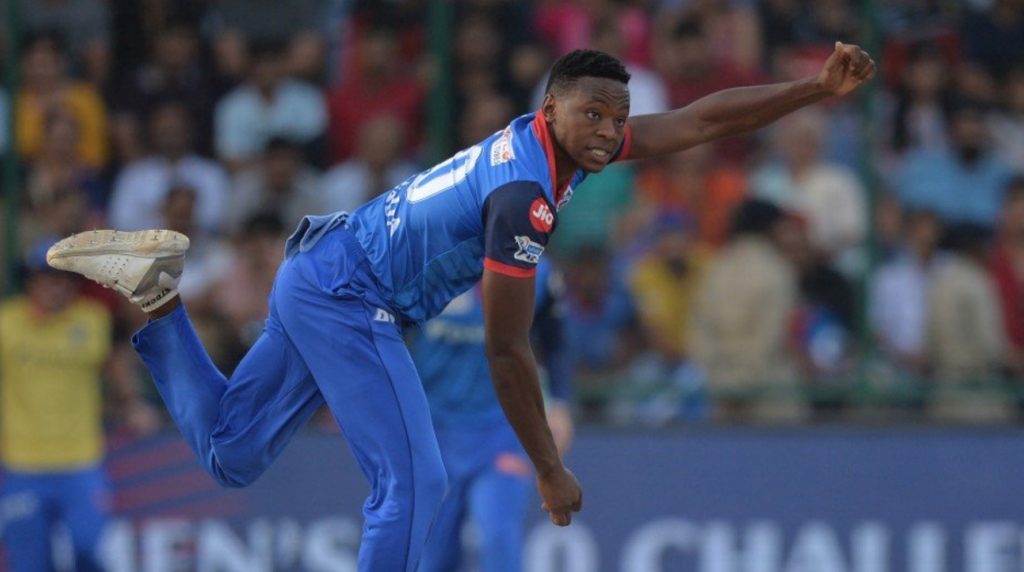Questioning a player’s loyalty to his country because he decides to fully participate in the IPL at the expense of a Test series against Bangladesh is a juvenile argument, writes RYAN VREDE.
The Test series runs from 31 March to 12 April. The IPL starts on 26 March through to 29 May. Consider also that players have to serve a mandatory three-day quarantine before entering the IPL bubble and you understand the complexity of this situation for the players who have IPL contracts.
I thought we’d moved past the lazy thinking of calling into question a player’s patriotism if he decides to participate in the IPL at the expense of matches for his country. This is especially true considering the Proteas face Bangladesh, who are ranked ninth in Test cricket. Not all Tests are created equal.
Yet, judging by the backlash the IPL-contracted players received for likely missing part or all of the Proteas’ Test series against Bangladesh, many in the South African cricket fraternity just refuse to abandon the juvenile posture they’ve adopted on this issue since the IPL started to infringe on international cricket’s schedule.
Cricket South Africa has left it to the players to decide what to do. Some IPL-contracted players aren’t involved in the Test squad and aren’t likely to be affected by the scheduling clash. Others like Kagiso Rabada, Lungi Ngidi, Rassie van der Dussen, Aiden Markram and Marco Jansen have a tough decision to make.
It doesn’t help that their skipper, Dean Elgar, compounded the pressure on them when asked about their dilemma.
“The players need to give Cricket South Africa an indication of if they are keen to go to the IPL or if they are keen to play for the Test side,” he said. “It’s a bit of a tough one putting that in the players’ box but this, I guess, this is where you see where players’ loyalty lies. They mustn’t forget that Test cricket or one-day cricket got them into the IPL and not the other way around.”
ALSO READ: Players must put Proteas before IPL – Elgar
I saw social media flooded with support for this sentiment. It disheartened me because cricket has long progressed from being only about national pride, and Elgar reducing their decision to that exposes his players to unnecessary and hurtful criticism.
Elgar also can’t truly relate to the players he criticises. He has not been picked up at an IPL auction in the tournament’s history. So, he doesn’t really know the anguish created by a deep commitment to playing for your country but also knowing that you could significantly compromise your financial future by choosing country over IPL franchise.
He is not an objective voice as he only has his country’s interests at heart, which is completely understandable. But it does mean that his comments need to be countered by a broader perspective.
For example, Rabada was picked up for R18.6 million at the 2022 auction and will lose R45,588 per ball he doesn’t bowl in the IPL.
That sum of money, and the potential to earn even more in the future if he delivers a return on that investment, changes the entire complexion of his life. Indeed, it gives him the ability to change his family and loved ones’ lives in significant ways. It is unfair to make a determination of his character if he decides to monetise his gift to the maximum.
Van der Dussen, who only broke into international cricket at a relatively late age and therefore has only benefited from a handful of national contracts, can’t be called unpatriotic or disloyal for honouring an IPL contract worth R2m and giving himself the opportunity to earn another, especially at 33 years old.
I could make cases for each of the players involved, but I think the point is clear.
CSA is not powerless. Any of these players could be overlooked at the next round of national contracts for myriad reasons. CSA wouldn’t be obligated to give them any reason for moving on. Professional sport is brutal that way and trying to apply emotionally complex perspectives to what is largely a business transaction is a certain path to pain.
Elgar, and those who see this as only being detrimental to the national cause, fail to recognise the immense value the IPL has for the participating players in an international T20 context.
What value would CSA ascribe to the benefit its nationally contracted players get from competing alongside, and against, the world’s premier T20 players? This is not a one-sided deal.
Cricket governing bodies across the world have to make this calculation when they hand out contracts to their top players, particularly those with skills that are attractive to IPL franchises. They have the option of not contracting these players, but they take that course of action at their peril.
The reality of professional cricket is that an IPL contract is the game’s financial pinnacle. The professional pinnacle will always remain to represent your country.
The two can co-exist if empathy and emotional intelligence are applied.







